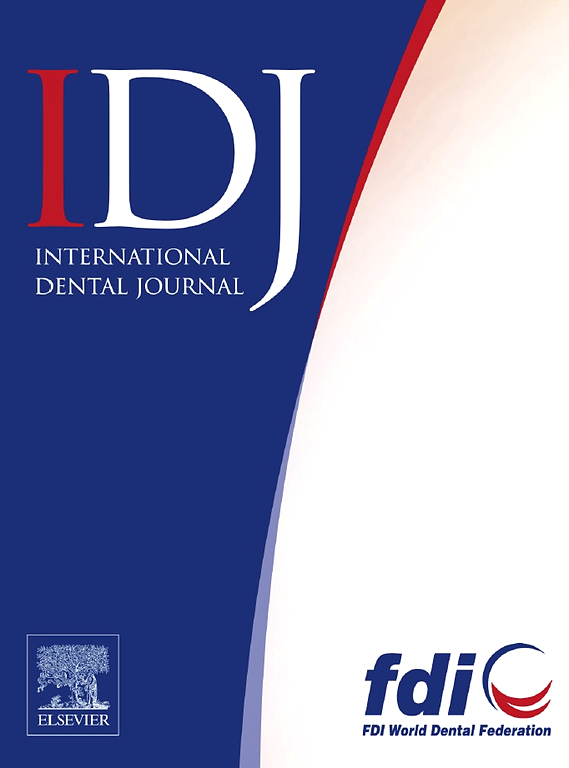Glycolytic Reprogramming in Oral Squamous Cell Carcinoma: Molecular Regulators and Natural Product-Based Therapies
IF 3.7
3区 医学
Q1 DENTISTRY, ORAL SURGERY & MEDICINE
引用次数: 0
Abstract
Oral squamous cell carcinoma (OSCC), the most common malignancy of the oral cavity, poses significant clinical challenges owing to late-stage diagnosis, frequent recurrence, and therapy resistance. Metabolic reprogramming, particularly the upregulation of aerobic glycolysis, is intricately associated with tumor progression, metastasis, and therapeutic failure. This metabolic alteration not only favors rapid cancer cell proliferation and promotes immune evasion but also results in the formation of a supportive tumor microenvironment (TME). This review synthesizes the current knowledge on the molecular regulators of glycolytic reprogramming in OSCC and elucidates their underlying mechanisms. We also delineated the glycolytic landscape of the OSCC tumor microenvironment, which encompasses cancer-associated fibroblasts (CAFs), CD4+ and CD8+ T cells, and tumor-associated macrophages (TAMs). Furthermore, we underscore the therapeutic potential of natural product-based strategies that target aerobic glycolysis in OSCC. A deeper understanding of these metabolic pathways may aid in the development of metabolism-targeted interventions for OSCC. This review also offers insights into how targeting glycolytic reprogramming, particularly with natural products, may enhance the efficacy of current chemotherapeutic and immunotherapeutic strategies for OSCC by overcoming resistance and reprogramming the TME.
口腔鳞状细胞癌的糖酵解重编程:分子调节剂和天然产物治疗。
口腔鳞状细胞癌(Oral squamous cell carcinoma, OSCC)是口腔最常见的恶性肿瘤,由于其诊断晚期、易复发和治疗耐药,给临床带来了重大挑战。代谢重编程,特别是有氧糖酵解的上调,与肿瘤进展、转移和治疗失败有着复杂的关系。这种代谢改变不仅有利于癌细胞快速增殖和促进免疫逃避,而且还导致支持性肿瘤微环境(TME)的形成。本文综述了目前对OSCC中糖酵解重编程的分子调控因子的研究进展,并阐明了其潜在的机制。我们还描绘了OSCC肿瘤微环境的糖酵解景观,其中包括癌症相关成纤维细胞(CAFs), CD4+和CD8+ T细胞以及肿瘤相关巨噬细胞(tam)。此外,我们强调了针对OSCC的有氧糖酵解的基于天然产物的治疗潜力。对这些代谢途径的深入了解可能有助于开发针对OSCC的代谢干预措施。本综述还提供了针对糖酵解重编程的见解,特别是天然产物,如何通过克服耐药性和重编程TME来提高当前化疗和免疫治疗策略对OSCC的疗效。
本文章由计算机程序翻译,如有差异,请以英文原文为准。
求助全文
约1分钟内获得全文
求助全文
来源期刊

International dental journal
医学-牙科与口腔外科
CiteScore
4.80
自引率
6.10%
发文量
159
审稿时长
63 days
期刊介绍:
The International Dental Journal features peer-reviewed, scientific articles relevant to international oral health issues, as well as practical, informative articles aimed at clinicians.
 求助内容:
求助内容: 应助结果提醒方式:
应助结果提醒方式:


